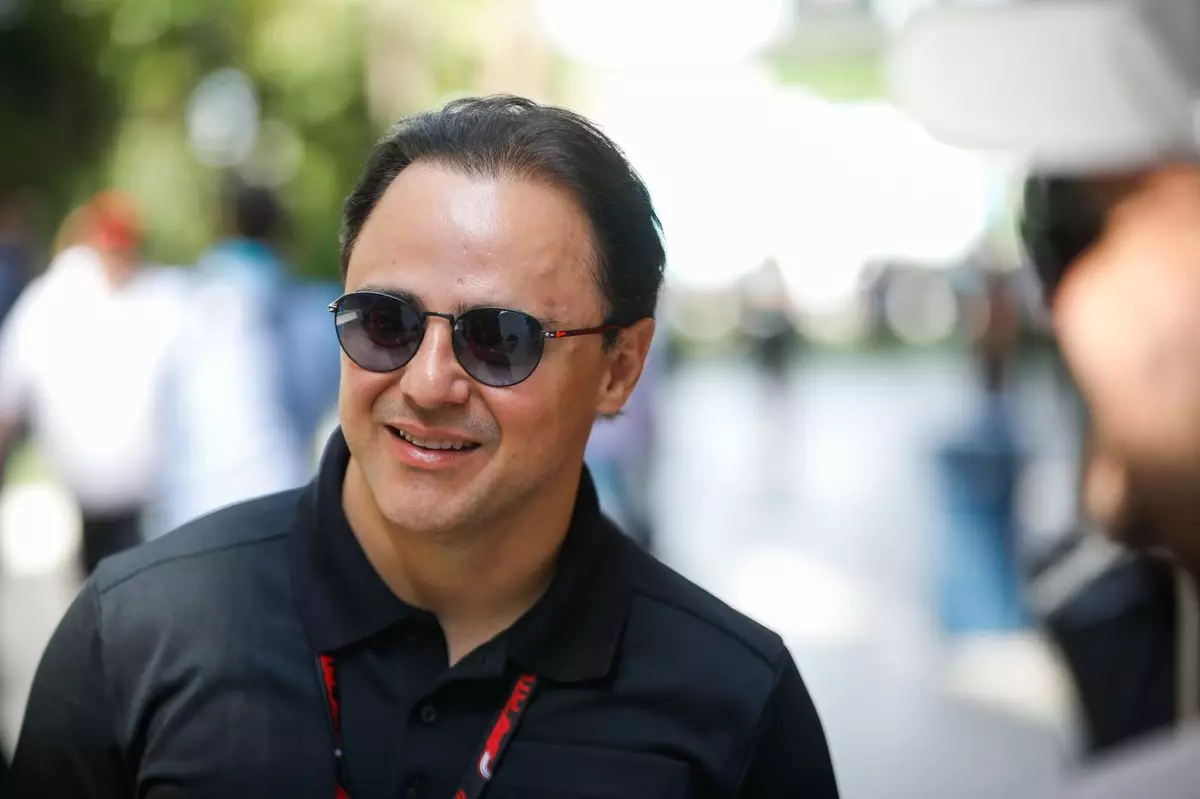In the world of Formula 1, controversy is as common as the roar of engines. One particular incident that stands out in recent history is the 2008 Singapore Grand Prix, which looms large in the memories of motorsport fans, especially for Felipe Massa. The Brazilian driver, who was at the wheel of a Ferrari, claims that a combination of intentional manipulation and negligence in race management robbed him of the prestigious F1 world championship title that season. Massa lost out to Lewis Hamilton by a mere point, and the events that transpired in Singapore are at the heart of his legal battle against F1, the FIA, and Bernie Ecclestone.
The incident, widely referred to as ‘Crashgate,’ transpired when Nelson Piquet Jr. of the Renault team deliberately crashed his car, bringing out a safety car and effectively altering the race’s dynamics to favor his teammate, Fernando Alonso. This orchestrated maneuver has raised questions of legality and ethics in the sport, but it is the aftermath of these actions that Massa is now contesting in court.
Massa’s legal claim operates on the premise of breach of contract, aiming to bring to light the failure to act upon knowledge that could have significantly influenced the outcome of the championship. The case is set to be heard in the King’s Bench Division of the High Court, with a date in October 2023 already established. However, there is a shadow looming over the proceedings— a strike-out application may jeopardize the case from being fully examined in a court of law, signaling a potential dismissal before it truly begins.
While the defendants—F1, the FIA, and Ecclestone—are anticipated to argue that Massa’s claims lack substance, the context surrounding his assertions cannot be overlooked. Massa’s argument hinges on the suggestion that had the race management taken the right actions in response to the ‘Crashgate’ incident, the 2008 championship saga could have had a different ending. Perhaps the most profound aspect of the case is the discussion around ethics in the sport; if the allegations prove true, they could expose deeper issues within Formula 1 management.
Ecclestone’s Admission and Its Implications
Significantly, since the unraveling of the ‘Crashgate’ affair, Bernie Ecclestone himself admitted in a 2023 interview that he and former FIA president Max Mosley were aware of the implications surrounding Piquet’s crash before the season came to a close. In a surprising twist, Ecclestone suggested that had they acted according to the regulations, the race could have been canceled, hypothetically securing Massa’s title.
Ecclestone’s remarks add a new layer to the situation, raising questions about responsibility and accountability. The former F1 chief claimed not to have recollections of his comments but later acknowledged that failing to intervene for the sake of the sport’s image might have compounded the damages suffered by Massa.
For Massa, this legal endeavor transcends financial compensation; it symbolizes a chance at rectifying a perceived injustice. In statements made last year, he expressed a desire for fairness, insisting that he was the victim of a series of events beyond his control. The emotional weight carried by Massa is palpable; a championship title defines a driver’s legacy, and to have it snatched away under dubious circumstances is a bitter pill to swallow.
The motivation behind Massa’s claim rests not only in the pursuit of damages but also in the quest for recognition. His career achievements are shadowed by the stain of the controversial events of 2008. By seeking justice, he endeavors to reclaim not just his rightful recognition but also to foster a more ethical environment within the sport he so dearly loves.
A Wider Impact on the Sport
Massa’s legal battle has far-reaching implications that extend beyond his personal vendetta. It raises critical questions regarding the governance of Formula 1 and the integrity of its racing processes. If the claims surrounding the ‘Crashgate’ incident are found to hold merit, it may ignite broader discussions about the need for reform in race management and the obligations of governing bodies to ensure fair competition.
As Formula 1 continues to evolve, the importance of transparency and accountability in racing must be underscored. Massa’s case could serve as a catalyst to inspire changes that promote fairness and integrity in a sport where the stakes are perpetually high.
Felipe Massa’s legal quest against Formula 1 is about more than just the lost title or financial recompense; it’s a pursuit of integrity, justice, and recognition within a sport that has seen its fair share of controversies. As the court date approaches, all eyes will be on the proceedings and their potential to reshape the landscape of Formula 1.


Leave a Reply